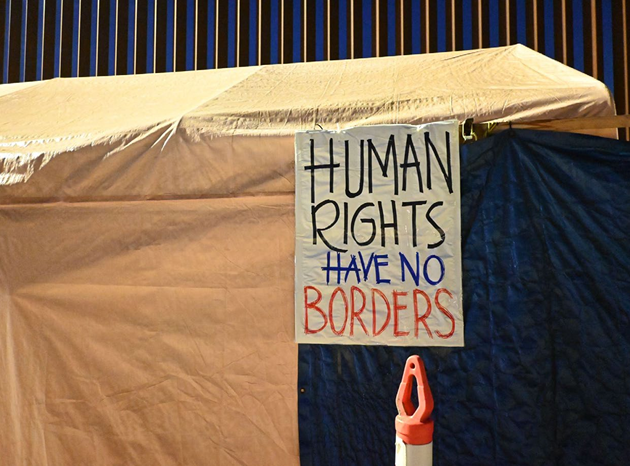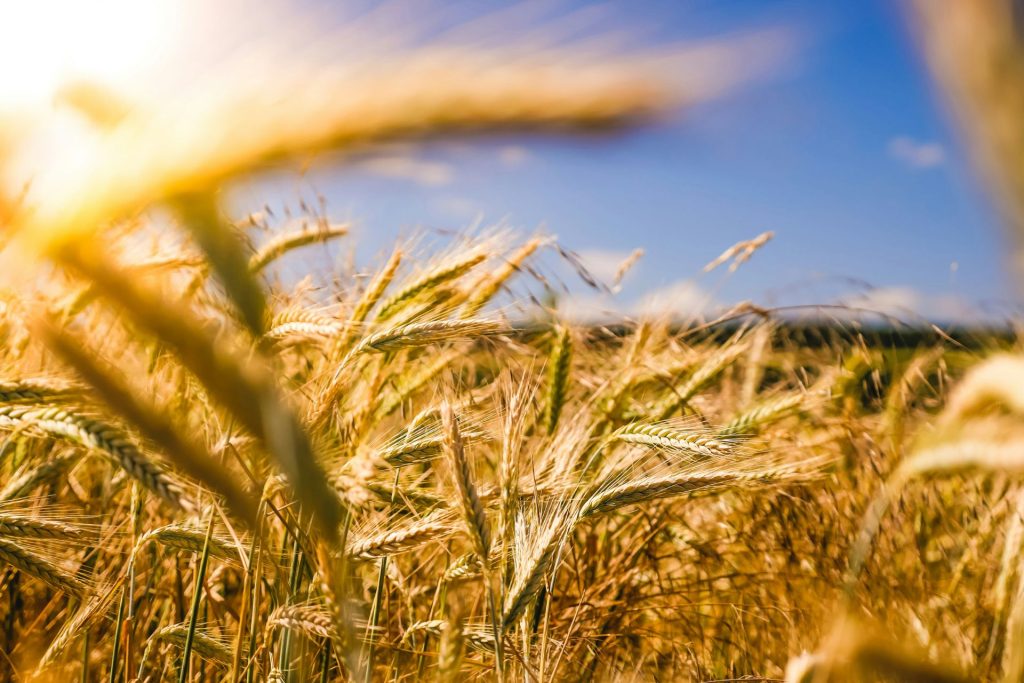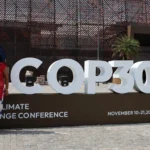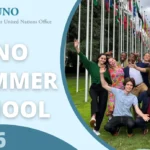This study by the Quaker United Nations Office (QUNO) and Eunomia, conducted with grant funding from the Rockefeller Foundation and supported by Dalberg Catalyst, presents the results of a second phase of research and modelling to understand the extent of subsidies for primary polymer production (PPP) and the potential impact of removing these.
Synthetic plastic polymers are ubiquitous in modern life, but each stage of the plastics lifecycle – from extracting, refining and polymerising hydrocarbons to disposing of plastic waste – contributes to climate change, pollution, and biodiversity loss. Eliminating subsidies for plastics production is one measure under consideration by the Intergovernmental Negotiating Committee on Plastic Pollution (INC), which is working to develop the UN-mandated Global Plastics Treaty to end plastic pollution.
The study aims to fill gaps in the data on subsidies for the industry segment that processes raw materials for plastic, produces basic resins and extrudes them as plastic pellets. It builds on the results of a Phase 1 report to model the impacts of removing PPP subsidies against a business-as-usual scenario and finds it would significantly reduce primary polymer production. It also models the likely impacts on prices for consumers and finds these would increase minimally in the absence of subsidies.
You can find the full Phase 2 report attached below.









